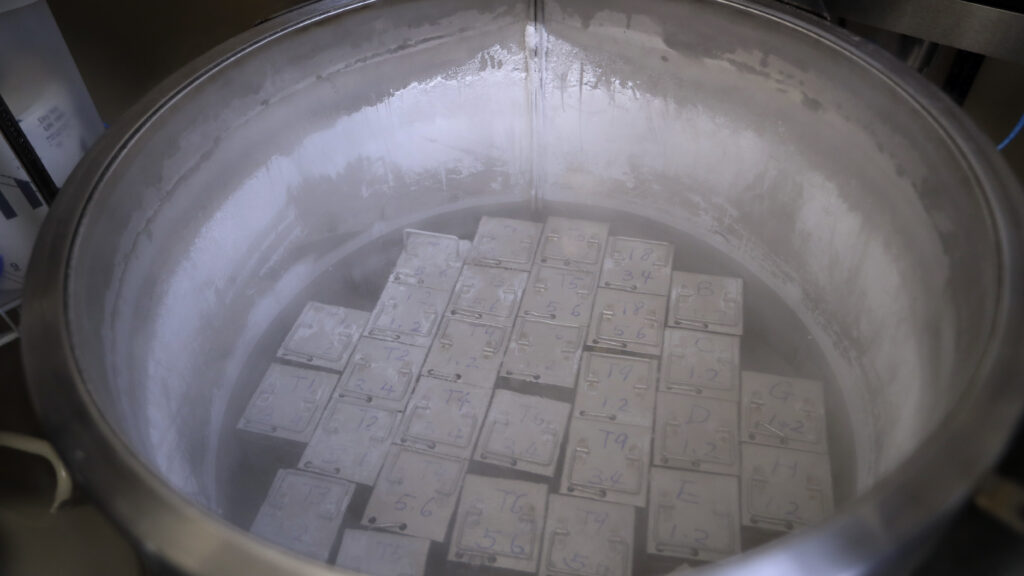An embryo is one of the earliest stages of development of a multicellular organism. But according to the Supreme Court of Alabama, it is a person, too — an unborn child, entitled to the same legal protections as any minor.
The court ruled on Feb. 16 that a fertility clinic patient who accidentally destroyed other patients’ frozen embryos could be liable in a wrongful death lawsuit, writing in its opinion that “the Wrongful Death of a Minor Act applies to all unborn children, regardless of their location,” and that this includes “unborn children who are located outside of a biological uterus at the time they are killed.”
This has had immediate and profound consequences on the practice of in vitro fertilization in the state, with many fertility clinics already deciding to interrupt their services for fear of legal repercussions, including the University of Alabama at Birmingham, which has paused its IVF treatments, as has Alabama Fertility Services.
But the implications may reach beyond Alabama’s border: 11 other states have fetal personhood laws, and in at least four of them — Alabama, Mississippi, Oklahoma, and South Carolina — such laws have already been used to prosecute pregnant women for child endangerment and neglect. Like Alabama, these states could interpret their wrongful death laws as applying to embryos, putting IVF clinics in legally vulnerable situations.



A rando destroyed other people’s embryos. I’d say sure, the clinic is liable for their lack of security.
It’s property damage, not murder. The property damage is minor compared to the legal havoc of the court case